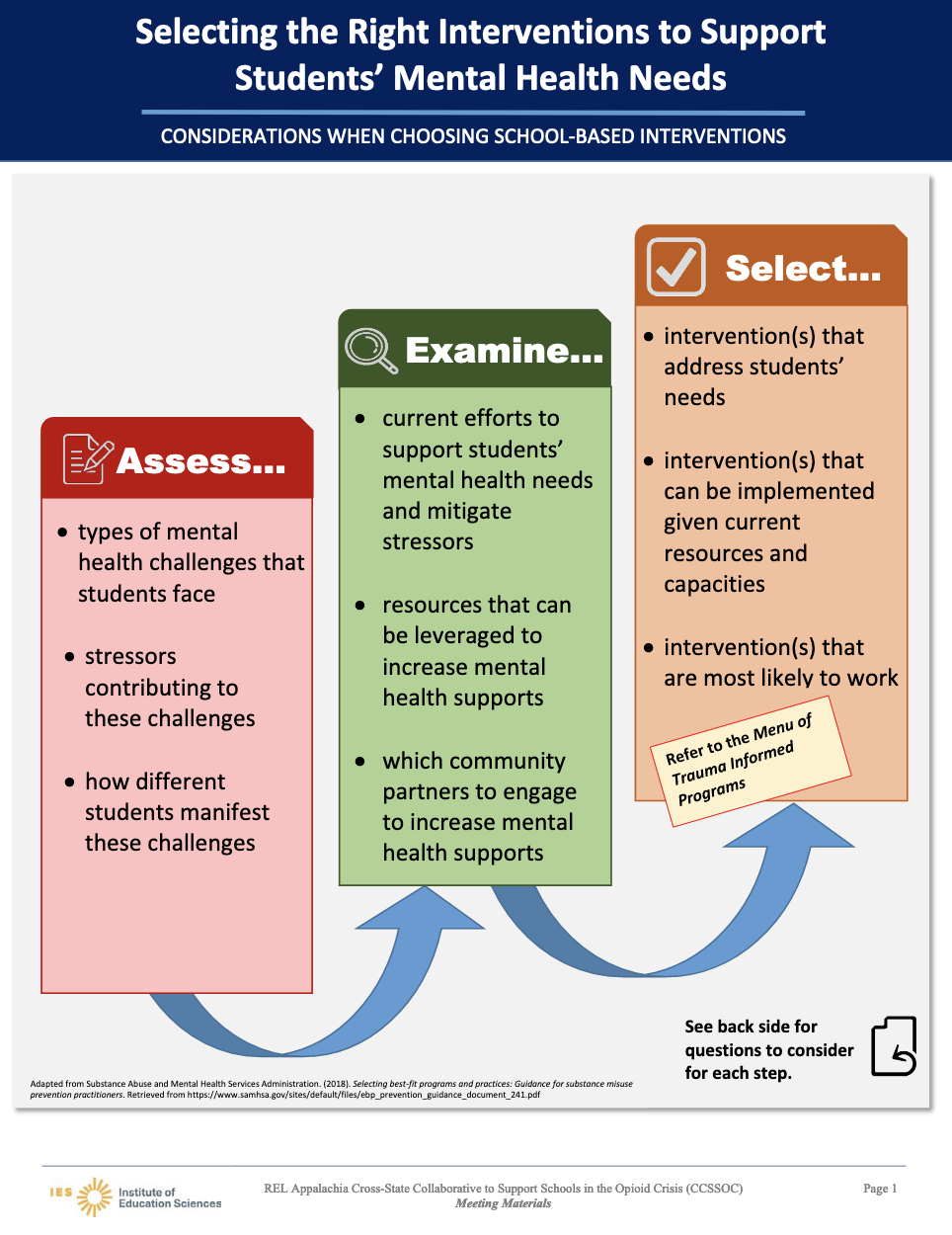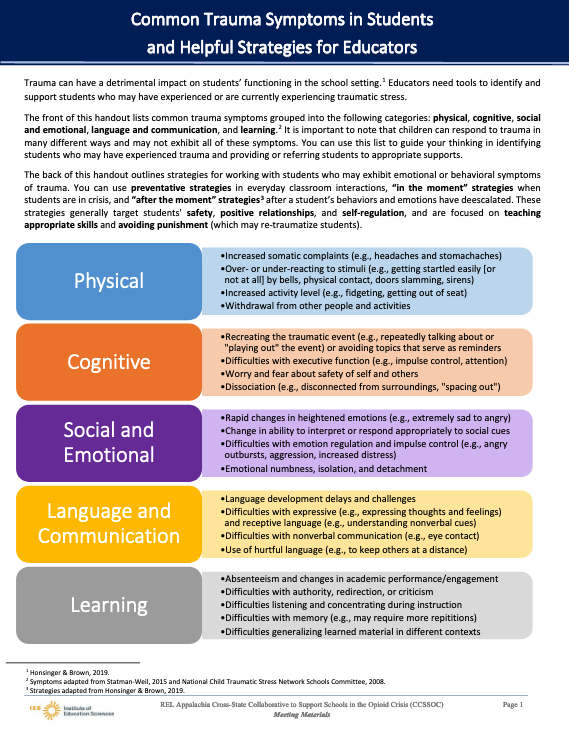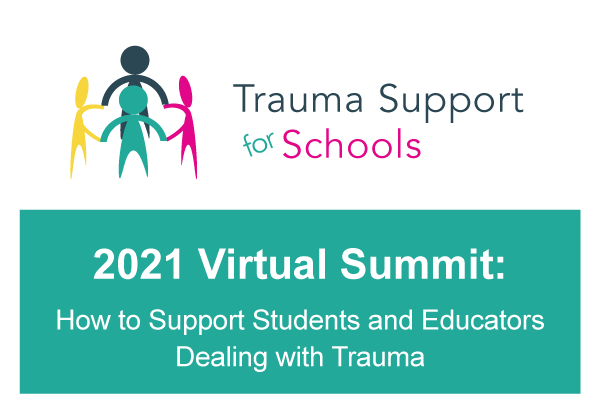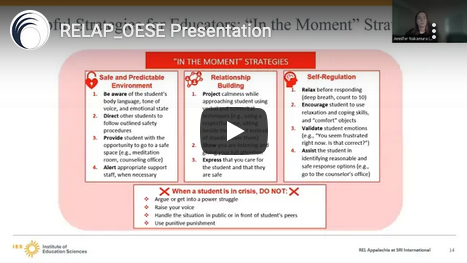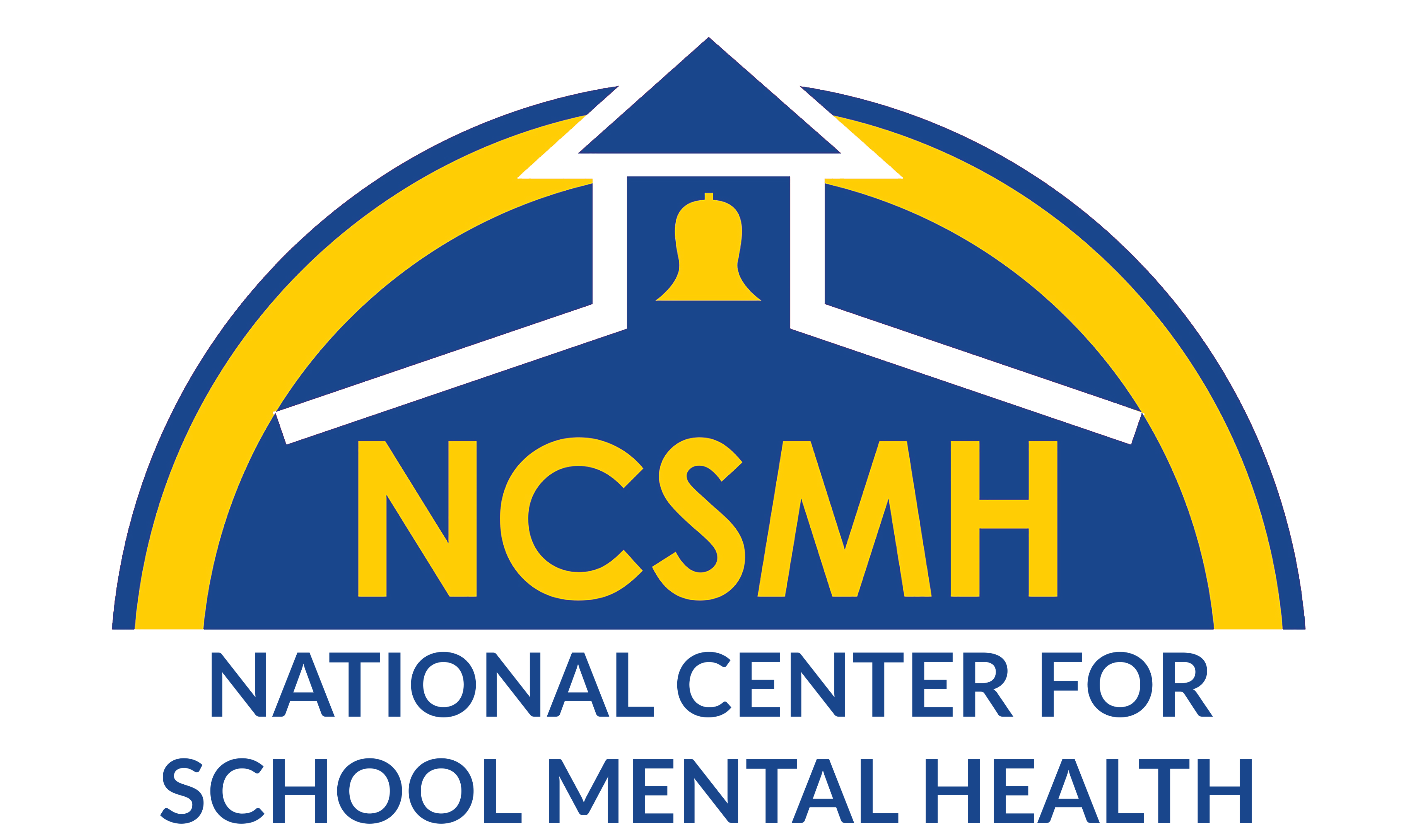This handout covers questions to consider when choosing school-based interventions Assess current needs Examine current efforts and resources Select interventions that fit your needs & context https://ies.ed.gov/ncee/edlabs/regions/appalachia/events/materials/04-8-20-Handout1_selecting-right-interventions-to-support-students-mental-health-needs.pdf
Many educators are seeking guidance to support students who have experienced trauma, particularly related to the opioid crisis. This resource was co-developed by the REL AP team and the Cross-State Collaborative to Support Schools in the Opioid Crisis (CCSSOC) and provides a list of interventions developed to address this specific need.
Trauma can have a detrimental impact on students’ functioning in the school setting.1 Educators need tools to identify and support students who may have experienced or are currently experiencing traumatic stress. The front of this handout lists common trauma symptoms grouped into the following categories: physical, cognitive, social and emotional, language and communication, and learning. … Continue reading Common Trauma Symptoms in Students and Helpful Strategies for Educators
In August 2021, the Regional Educational Laboratory Appalachia (REL AP) at SRI Education and the Cross-State Collaborative to Support Schools in the Opioid Crisis hosted a 2-day Virtual Summit: How to Support Students and Educators Dealing with Trauma. This summit was for researchers, practitioners, and policymakers who support preK-12 educators and students experiencing trauma. Resources compiled for the summit are available online at this website: https://traumasupportforschools.org/.
The COVID-19 pandemic has been a stressful and even traumatic time for many students. Educators need to be equipped with tools to identify and support students who have experienced trauma. This video provides an overview of common trauma symptoms that students may exhibit and identifies preventative strategies to support all students and targeted strategies to support students in crisis. It also highlights other resources to support a school-wide trauma-informed approach.
This is not “one more newsletter.” The National Center for School Mental Health listserv newsletters include timely information on upcoming conferences, events, and webinars, grants and research opportunities, news reports and resources, policy updates, and issues in the popular media related to school mental health. The newsletter comes out every other month, with occasional bonus announcements … Continue reading NCSMH Newsletter
The Mental Health Technology Transfer Center (MHTTC) Network, in partnership with the National Center for School Mental Health at the University of Maryland School of Medicine, has developed a FREE self-guided online course, video library + resource collection, and a website focused on educator mental health literacy. The 3-part training package, Classroom WISE (Well-Being Information … Continue reading Classroom Well-being Information and Strategies for Educators (WISE)
To help educators think about how to discuss these cases and other race-related violence and how to support Black students and other students of color who may be distraught by what they read and see in the media, Education Week has compiled some resources from its archives and elsewhere. They include news articles, opinion essays, … Continue reading 16 resources on talking to students about police killings and racism

